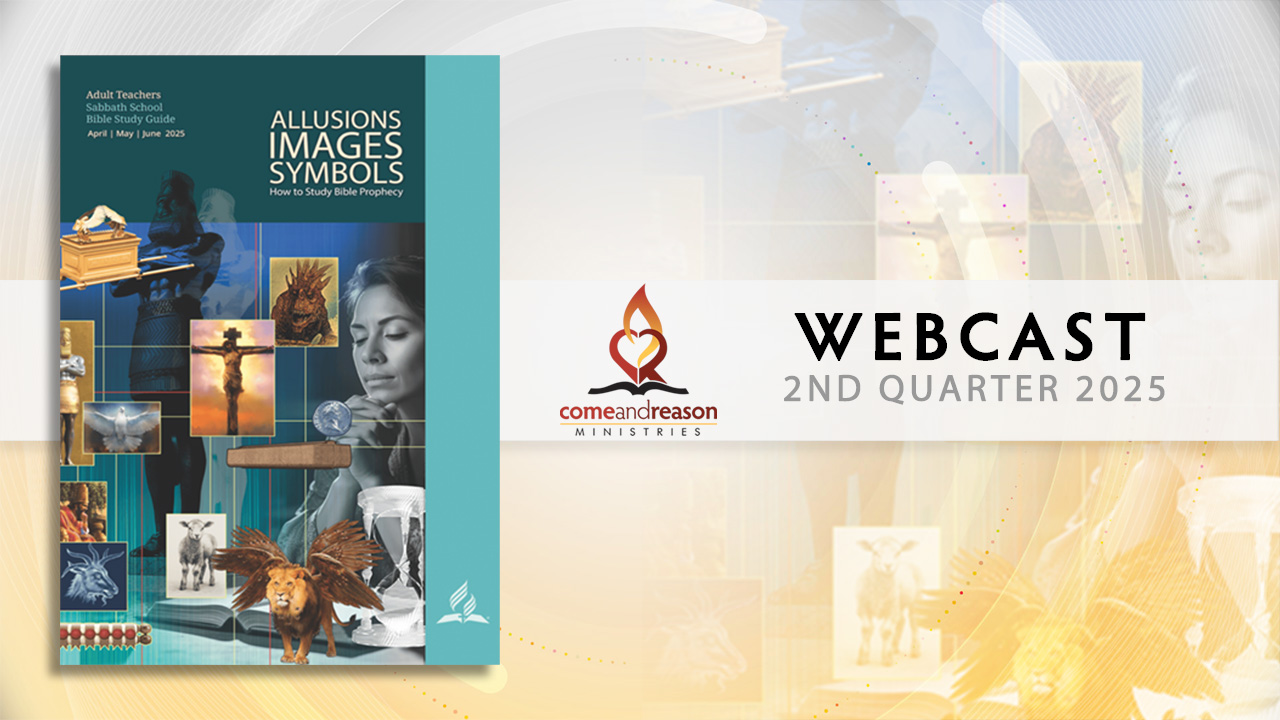Have you ever received a note or email with a comment that went something like this: According to Professor Smarter-than-you of the Biblical Academic Institution, your exegesis on Bible text such and such is incorrect”?
Recently, I received an email just like this and it got me thinking: What is the purpose of such a comment? Does this message express an interest in open and honest discussion, or is it meant to function as thought-policing—to freeze thinking, halt discussion, intimidate, and silence?
So, in case you ever face such a situation, I thought it might be helpful to actually understand what exegesis is. According to dictionary.com, exegesis is the “critical explanation or interpretation of a text or portion of a text, especially of the Bible.”
Well, instantly we realize that how one critically explains or interprets a particular passage of Scripture will be based upon the assumptions, biases, and presuppositions one has about the Bible. For instance, a person who believes in word inspiration, in which every word of the Bible was specifically inspired by God, will use different rules of interpretation to understand passages and come to different conclusions than a person who believes in thought inspiration, in which the ideas were inspired by God, but the words to express those ideas were chosen by the Bible writers.
The goal of exegesis is to get the most accurate understanding of the text possible, but there are several methods used by various groups:
The historical-grammatical method is one that strives to discover the biblical author’s original intended meaning in the text. Many conservative Protestant groups focus on this method.
The historical-critical method, or higher criticism, is a method that investigates the origins of ancient texts in order to understand the world behind the text, looking for local cultural applications and understanding of the day, rather than the author’s written intent.
Revealed exegesis posits that the Holy Spirit inspired the authors of the Bible to write things beyond their own understanding and thus the Bible contains deeper meanings or truths than its human authors intended or could have foreseen.
Each of these methods have their strengths and each have their weaknesses, but in my view, the biggest weakness of all is the fact that they don’t address the foundational understanding of God and His law that one accepts when they read the Bible.
If one assumes God’s law functions like human law, a system of imperial rules without inherent consequence, one that requires a rule-giver to act as a judicial magistrate and inflict punishment for disobedience, then one interprets the Bible through a legal lens—regardless of the exegetical methods he or she uses.
But, if one sees God as Creator and that His laws are the protocols upon which life is created to operate, then one understands the Bible differently—that humankind is suffering from a terminal condition of being out of harmony with God’s design for life and that God is working through Christ to fix what Adam did to this creation, rather than impose arbitrary punishment for breaking His laws.
To me, regardless of one’s favored textual method, one needs to have some basic understanding of reality—the laws upon which God created reality to operate and reject the idea that God’s law functions like human law—in order to discover what God is trying to say through every Bible passage. As long as one holds to the misunderstanding that God’s law is imperial and coercive, any of the textual methods of interpretation listed above will result in distortion to the meaning of the texts.
When I receive an email that some professor exegetes a passage of Scripture differently than I do, I realize that it doesn’t necessarily mean I am wrong, but, instead, may mean that the person is viewing the Bible through a false legal paradigm, assuming that God’s law functions like human law.
And I have found in such discussions that until we come to terms with how we each understand how God’s law actually functions, the conversation cannot move forward with any success.
So, don’t be silenced, don’t freeze, and don’t be put off when someone cites some theology professor, a research institute, or other so-called expert as their justification that you’re viewing a Bible passage all wrong. Instead, ask them for actual evidence of their viewpoint and determine what law lens they are using to process their conclusions. Then reevaluate your position with the new ideas in mind and come to your own conclusion.










 using your credit or debit card (no PayPal account needed, unless you want to set up a monthly, recurring payment).
using your credit or debit card (no PayPal account needed, unless you want to set up a monthly, recurring payment). instead?
instead?